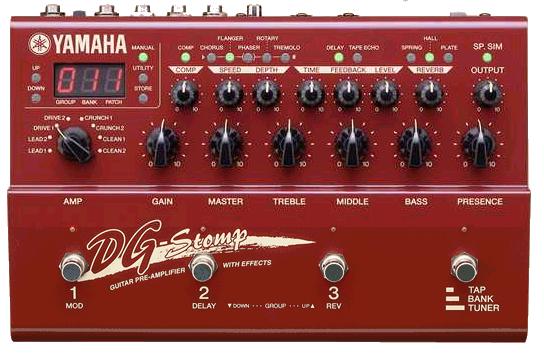“Dispatch. We have a 10-83. What's your 10-20?”** “The first hatchback powered by a "big valve" engine and Zenith-Stromberg carburetors”“The removable carry handle allows access to a Picatinny rail and a red-dot gun-sight”
*Translating videogames, you are bound to encounter large amounts of technical jargon. On one hand, it is so common that you could see it as a straight technical/software text. On the other, you should remember that games are meant be fun.
Behind the wall of technicalities there is a game to be enjoyed, don’t smother it! So, how should you deal with jargon?
Cut it out: jargon shrinks the audience
All jargon, from software parlance, to police codes, to military lingo, makes the text less understandable for a general audience. Keep in mind that the publisher green lit the localization with the precise aim of widening the audience and you can easily guess what his opinion on the matter can be.
Cut it out: jargon reduces the perceived value
We all go on the Internet, right? We can all understand terms like “untagged”, “re-equipped”, “bullet spread” and so on. Why not keeping them, if they are used daily on the forums?
Because you are a professional. The moment you drop the common rules of grammar and language, you lower the perceived value of your work, and that of the game. No matter how you feel about such formalities, our culture recognizes value and authority to those who use a clear, standard language.
Browse the websites of Disney, Apple or Nintendo. Do they use jargon? No, they use a terse, standard language, and remain friendly and welcoming by keeping one step behind the latest trends in jargon. Respected brands, isn’t it? And don’t we all want a bit of respect?
Cut it out: standards ease management
Let’s say that your are translating an RPG inventory and one weapon, once assigned, cannot be removed for the rest of the battle.
You decide to call it a “non-unequippable weapon”, but your editor is adamant that “not de-equippable” sounds much better. Who’s right? Both of you and none. You are fighting out there, where the new borders of language are being drawn, and only time will tell. In the meantime, you can only argue on philological and aesthetic grounds
Otherwise, you can call it a “non-removable weapon”. For any doubt, feel free to check the relative dictionary page or the archives of any newspaper. Guess which way is more productive? :)
Keep it in: if the game simulates reality, it must match reality
You noticed it: reality is a mess. No matter how hard you try, things are wrong and irrational all over the place.
Let’s say that you are working on a guitar game, and that it allows to unlock real, licensed guitar effects. Players can interact with all the little switches and dials, setting arcane values like “Gain”, “Treble” or “Delay”. Should they be all translated? Of course! How are you supposed to understand them if…
Real pedal effects are the same all over the world, captions are in English all over the world, and guitar players call them in English All Over The World. If the game is selling realism, you must match it, or people will feel robbed of their experience. Maybe you can drop a translation between brackets, but that’s it… Damn reality.
Keep it in: embrace techno-babble, when needed
Not all jargon is meant to be understood. When Marty McFly wonders “What the hell is a Gigowatt”, or the Doctor "reverses the polarity of the neutron flow", you don’t get a detailed technical explanation with diagrams. It’s Hocus Pocus.
The same applies to games. It’s very common to see bits of techno-babble thrown here and there for color, and you should recognize it and embrace it as such. Sure, some techno-babble can be cringeworthingly wrong. If you really must fix it with a slight rewording, do so, but in general, just maintain the feel of the original.
If it’s deliberately obscure, follow suit! After all, jargon is the key for the equivalent semiotic balance in the flow of the paratextual reference of your paradigm! :)
Keep it in: go with the flow
Let’s say that you are translating a game about a James-Bondesque vilain. His favorite weapon is the “jammer”. The term exists in your language, but it’s a bit technical, so you go for “wave disruptor”.
Then the inventory menu arrives, and you see “Radio jammer”, “TV jammer”, “Telephone jammer”, “Counter jammer”…
By removing “jammer” the first time, you saved the effort to familiarize with a jargon term. But with it coming back endlessly, the benefit is much smaller than the effort of reading those long and confusing name (”Telephone wave disruptor”?)
Put jammer back and remember that not all jargon is negative per se . If familiarizing with a little bit of technical terminology will make the rest of the game smoother and more enjoyable, it’s an investment your translation should absolutely bank on
In the end...
Game texts are always half-way between a technical manual and narrative, and the way you deal with jargon depends on which way you decide to go on that case. As always, your only rule is to think about the player.
The page in front of you, the daily wall of text you deal with, is just an intermediary. Your work ends with the audience!
